Portugal has headed to the polls in an election that could either maintain the centre-left in power or shift the country towards the right. Opinion polls indicate that neither the Socialists nor the opposition centre-right are poised to secure an outright victory, potentially leaving the far-right Chega party as a significant player.
The election follows the resignation of Prime Minister Antonio Costa four months ago amidst corruption allegations. Although Costa himself was not implicated, his chief of staff's arrest over alleged irregularities in state contracts has fueled public concerns about corruption, providing an opening for Chega leader André Ventura to capitalize on.
Ventura has campaigned on platforms focusing on corruption and immigration, tapping into voter anxieties about high inflation, declining public services, and a housing crisis despite economic growth under the Socialists. Chega's significant showing in the 2022 legislative elections, capturing 7% of the vote, has positioned it to potentially double its support this time around.
However, mainstream parties have signaled reluctance to cooperate with Chega, with Democratic Alliance leader Luís Montenegro rejecting the notion of seeking their support for his proposed tax cuts and free-market reforms. Meanwhile, the Socialists, led by Pedro Nuno Santos, have defended their government's record, highlighting reduced unemployment and economic growth during their tenure.
With 10.8 million registered voters participating in the elections to select 230 members of parliament, Portugal faces a critical decision that could shape its political landscape for years to come. As the nation awaits the election results, the prospect of Chega's influence underscores the shifting dynamics within Portuguese politics and the challenges of forming a stable government in the aftermath of Costa's resignation.






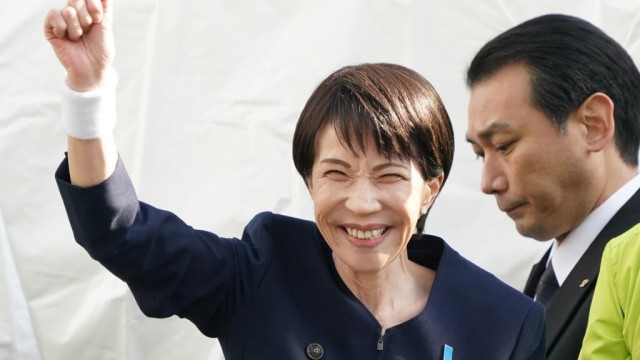






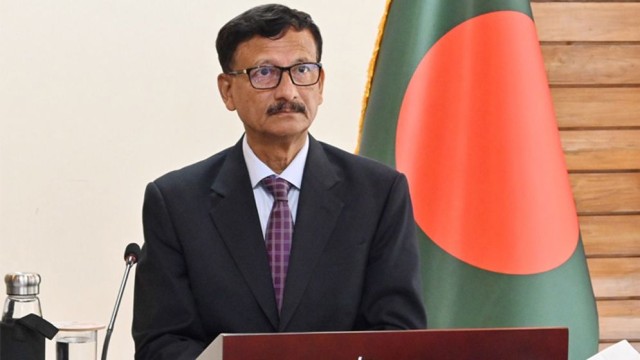
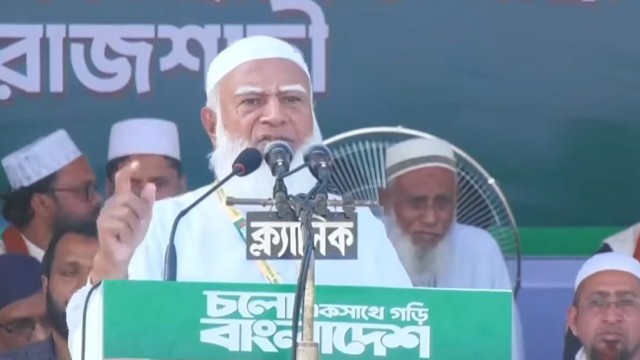
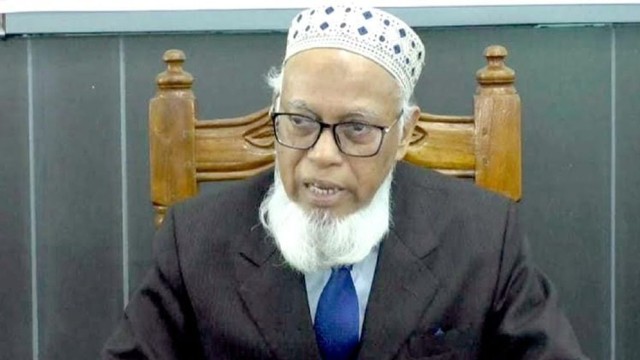


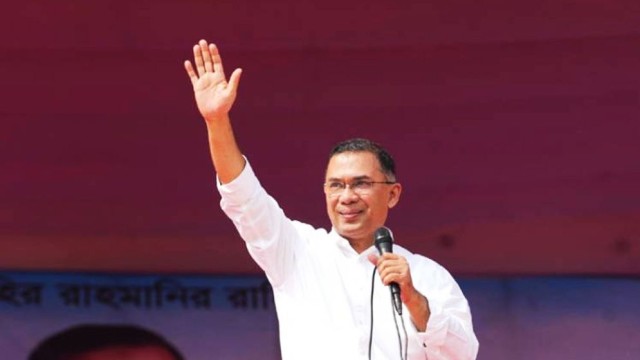












Comment: